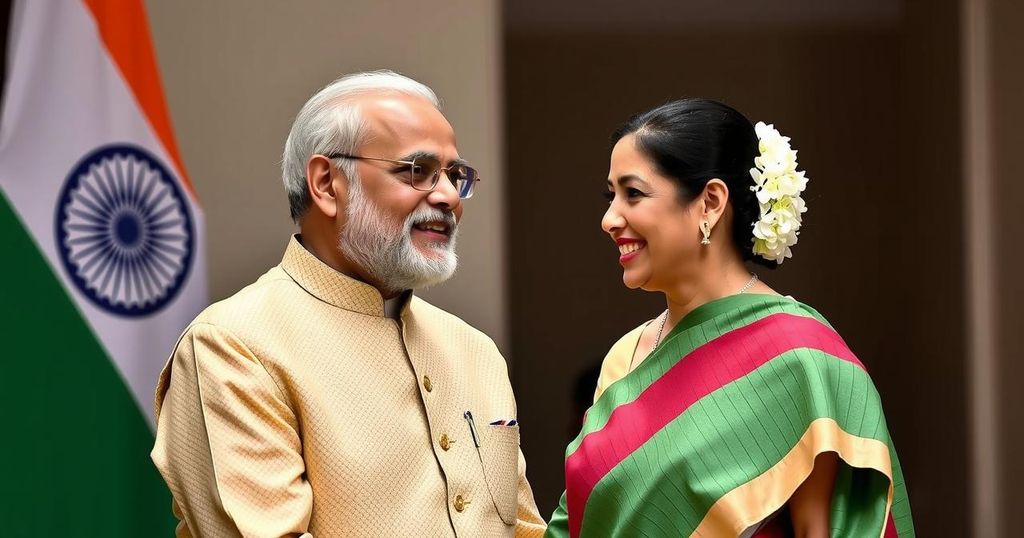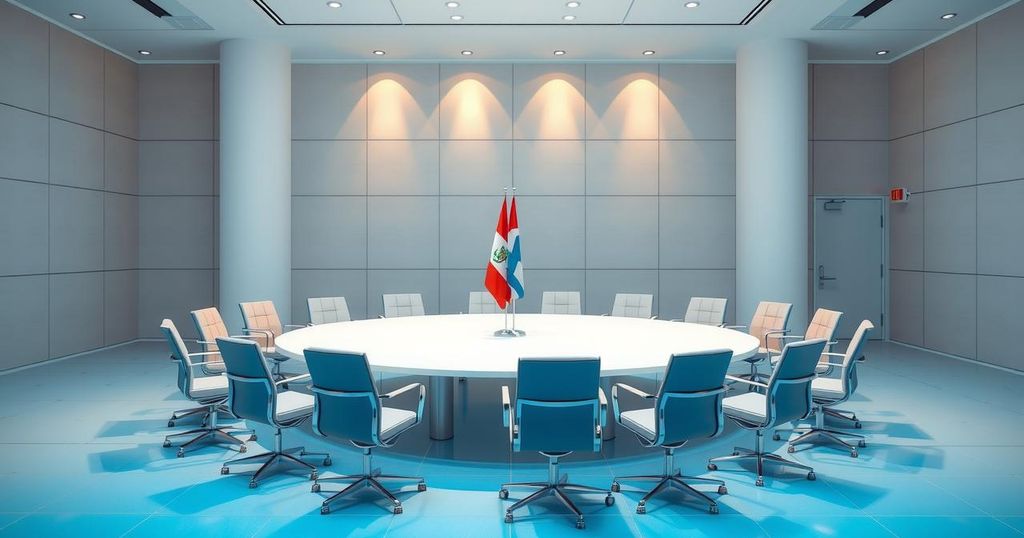Analyzing India-Bangladesh Relations in a Post-Hasina Era
The ties between India and Bangladesh remain complex post-Sheikh Hasina, as highlighted by Indian Foreign Secretary Vikram Misri’s recent visit to Dhaka. Key issues include minority rights, border incidents, and water-sharing agreements. India’s willingness to engage relies on Bangladesh’s responsiveness to its concerns, while domestic political tensions in India also influence the dialogue. The article further discusses significant political movements and cultural expressions linked to these developments.
Good morning. Today, we delve into the ongoing complexities of India-Bangladesh relations following Sheikh Hasina’s tenure. The recent visit by Indian Foreign Secretary Vikram Misri to Dhaka highlighted existing tensions, as discussions ranged from minority welfare to contentious border incidents and the Teesta water-sharing agreement. While India remains open to dialogue, the expectation is clear: Bangladesh must be receptive to India’s concerns to foster a more constructive partnership. Meanwhile, West Bengal’s Chief Minister Mamata Banerjee recently responded to provocative comments from Bangladeshi leaders regarding territorial ambitions, emphasizing Indian resolve.
In other developments, the political landscape is shifting after Vice-President Jagdeep Dhankhar’s controversial position led to opposition parties considering a no-confidence motion against him, despite doubts regarding their strength in numbers. The Congress Party is employing creative protest tactics against perceived government favoritism towards industrialist Gautam Adani, demonstrating a vigorous stance.
Furthermore, the Reserve Bank of India is set to appoint Sanjay Malhotra as its new Governor, following Shaktikanta Das’s tenure which was marked by notable disagreements with the government on fiscal policies. Yogendra Yadav reflects on Punjab’s political dynamics and the implications of the Akal Takht’s disciplinary actions against Sukhbir Badal. In cultural realms, singer Diljit Dosanjh addressed protests through a poignant tribute to Urdu poetry, signaling the intersection of art and political sentiment.
Stay informed with the latest insights in our upcoming podcast, which will address crucial issues such as tuberculosis drug shortages and ongoing farmers’ protests.
Until tomorrow,
Sonal Gupta
India and Bangladesh have historically shared a complex relationship, influenced by shared geography, culture, and political dynamics. Post-Sheikh Hasina, the relationship has experienced strains, particularly regarding issues of border security, water resource management, and the treatment of minority populations. The visit of Indian officials serves as a critical juncture in addressing these tensions and reaffirming commitment to mutual cooperation despite existing challenges. Additionally, domestic political movements within both countries reflect the tensions that can arise from these international relations, impacting broader regional stability.
In conclusion, the article underscores the fragile state of India-Bangladesh relations in a post-Hasina context, marked by diplomatic challenges and expectations for responsive engagement from Dhaka. As regional dynamics evolve, it is clear that constructive dialogue and cooperation will be vital for both nations to navigate their shared interests and complex histories. Domestic political tensions within India also play a significant role in shaping the outlook of international relations, emphasizing the interconnectedness of governance and diplomacy.
Original Source: indianexpress.com








Post Comment